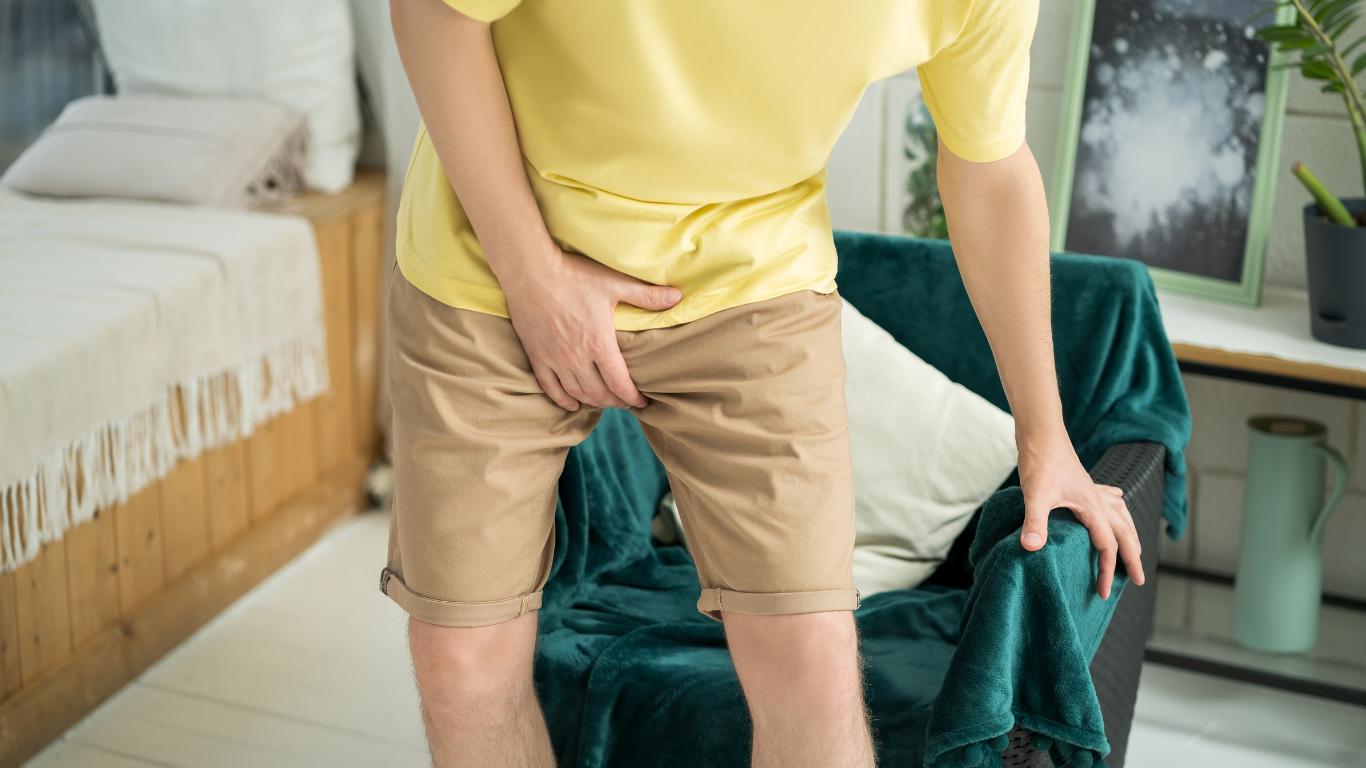Introduction
Ejaculation timing is a key aspect of sexual health, affecting both physical pleasure and relationship satisfaction. Many men wonder what the ideal timing for ejaculation is and how they can improve their control. This guide will explore the average time to ejaculation, factors influencing timing, methods to last longer, medical conditions related to early or delayed ejaculation, and expert tips for sexual endurance.
What Is the Average Time to Ejaculation?
Studies suggest that the average time from penetration to ejaculation for most men is between 5 to 7 minutes. However, this number varies widely based on age, health, experience, and psychological factors. Here’s a general breakdown:
- Less than 1 minute: Often considered premature ejaculation (PE).
- 1 to 3 minutes: Below average but still within a normal range.
- 3 to 7 minutes: Considered the typical range for most men.
- 7 to 15 minutes: Above average endurance.
- 15+ minutes: May indicate delayed ejaculation (DE), which can sometimes be problematic.
Factors Affecting Ejaculation Timing
1. Psychological Factors
- Performance Anxiety: Worrying about sexual performance can lead to premature ejaculation.
- Stress and Depression: High stress levels can impact control over ejaculation.
- Excitement Levels: If a man is overly aroused, he may ejaculate more quickly.
- Past Sexual Experiences: Previous experiences, such as rushed sex or watching too much fast-paced pornography, can condition men to ejaculate quickly.
2. Physical and Biological Factors
- Age: Younger men tend to ejaculate faster due to heightened sensitivity.
- Hormonal Imbalances: Testosterone levels play a role in endurance.
- Prostate Health: Issues with the prostate can affect ejaculation timing.
- Neurological Sensitivity: Some men have higher nerve sensitivity in their genitals, leading to faster ejaculation.
3. Sexual Activity Frequency
- Long Gaps Between Sex: Men who go long periods without sexual activity may ejaculate faster.
- Frequent Sexual Activity: Regular sex can help improve endurance over time.
How to Improve Ejaculation Control
1. The Stop-Start Technique
This method involves stopping stimulation just before ejaculation and resuming after the urge decreases. Practicing this repeatedly helps improve endurance.
2. The Squeeze Technique
Pressing the tip of the penis just before ejaculation can temporarily reduce the urge and help delay orgasm.
3. Kegel Exercises
Strengthening the pelvic floor muscles through Kegel exercises can improve ejaculation control. To perform Kegels:
- Identify the muscles used to stop urine midstream.
- Contract these muscles for 3-5 seconds, then release.
- Repeat 10-15 times daily.
4. Using the Right Condoms
Thicker condoms or those containing numbing agents (like benzocaine or lidocaine) can help reduce sensitivity and delay ejaculation.
5. Medications and Supplements
- Selective Serotonin Reuptake Inhibitors (SSRIs): Some antidepressants like paroxetine, sertraline, and fluoxetine are prescribed to help delay ejaculation.
- Topical Anesthetics: Over-the-counter sprays and creams with numbing agents can reduce sensitivity.
- Natural Remedies: Supplements like ashwagandha, maca root, and L-citrulline may help improve stamina.
6. Mindfulness and Breathing Techniques
Practicing deep breathing and focusing on sensation control can improve sexual endurance. Meditation and mindfulness can also help reduce anxiety that contributes to premature ejaculation.
When to See a Doctor
If ejaculation occurs in less than a minute consistently or if there’s difficulty reaching orgasm, a medical condition might be involved. A healthcare provider can assess for conditions like:
- Premature Ejaculation (PE): Consistently ejaculating within one minute of penetration.
- Delayed Ejaculation (DE): Struggling to reach orgasm after prolonged stimulation.
- Erectile Dysfunction (ED): If ejaculation problems are accompanied by difficulty maintaining an erection.
- Prostate Issues: Enlarged prostate or prostatitis can influence ejaculation control.
Ideal Timing for Ejaculation in Different Situations
1. For Conception (Trying to Get Pregnant)
The ideal timing for ejaculation during sex should be during the fertile window (5 days before ovulation and on ovulation day) for the best chance of conception. Sperm quality and quantity are highest after 2-3 days of abstinence.
2. For Maximum Sexual Satisfaction
Research suggests that couples report the highest satisfaction when intercourse lasts between 7 and 13 minutes before ejaculation. Beyond this, fatigue or reduced sensation can lower enjoyment.
3. For Sexual Performance & Endurance Goals
Men who want to improve their stamina should aim for lasting between 5-15 minutes during penetration, depending on their partner’s preferences and their own pleasure threshold.
Conclusion
There is no one-size-fits-all answer to the ideal timing for ejaculation—it depends on individual goals and circumstances. Whether aiming for better sexual satisfaction, improved endurance, or conception, understanding the factors that influence ejaculation timing can help men achieve better control. Implementing techniques like the stop-start method, Kegel exercises, and mindfulness can make a significant difference. If concerns persist, seeking medical advice is recommended to rule out underlying health conditions.




